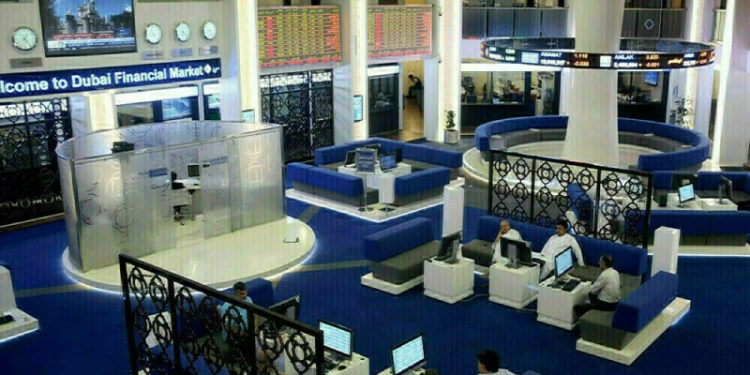 © Reuters. European Central Bank (ECB) headquarters building is seen in Frankfurt
© Reuters. European Central Bank (ECB) headquarters building is seen in FrankfurtBy Huw Jones
LONDON (Reuters) – Starting in 2020, banks won’t be allowed to use two interest rate benchmarks that have been discredited by allegations of fraud, a top European Union regulator said, putting pressure on the financial sector to find alternatives fast.
The Euro Interbank Offered Rate (Euribor) and Euro Overnight Index Average (Eonia) are used to calibrate monetary policy, price 180 trillion euros ($222.61 trillion) worth of derivatives and, in some countries, to determine interest rates on mortgages.
But confidence in them has waned as allegations of fraud led to multi-million-dollar settlements against several banks. The European Central Bank wants a “risk free” alternative in place by 2020 that is harder to rig.
At the first meeting of an industry working group, Steven Maijoor, chair of the European Union’s European Securities and Markets Authority, said it was up to the private sector to find an alternative to EONIA and Euribor.
In their current form, the two standards are unlikely to comply with new EU rules on benchmarks. They have remained in use during a transitional phrase, but that phase will not be extended, Maijoor said.
“Consequently, we need to conclude our tasks before 2020, or at least take into account that the transition period will end by the end of next year,” Maijoor said.
His comments and minutes of the February meeting attended by regulators, ECB officials and bankers were published on Tuesday. They stressed an “urgent need” to find a replacement or fall-back for EONIA and Euribor.
The ECB is planning to start publishing by 2020 an overnight interest rate. But it cannot calculate a rate for the longer maturities or “terms” needed for some contracts, which could be interpreted as the central bank’s desired interest rate policy stance.
“It has also become clear that there is still a long way to go to achieve substantial results on, for example, the term structure and legacy contract problems,” Maijoor said.
The Bank of England and U.S. Federal Reserve are also overseeing industry efforts to use new risk-free alternatives for sterling- and dollar-denominated Libor rates.
Using new benchmarks for new contracts is not much of a problem. How to treat vast numbers of existing financial contracts that stretch out for years is much harder.
($1 = 0.8086 euros)
Fusion Media or anyone involved with Fusion Media will not accept any liability for loss or damage as a result of reliance on the information including data, quotes, charts and buy/sell signals contained within this website. Please be fully informed regarding the risks and costs associated with trading the financial markets, it is one of the riskiest investment forms possible.
Source: Investing.com





























